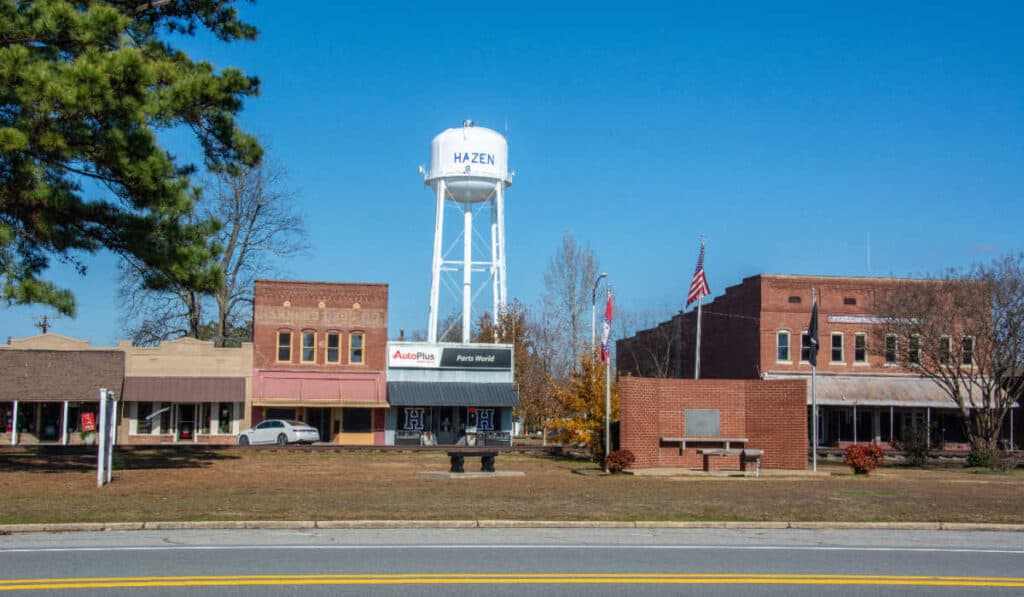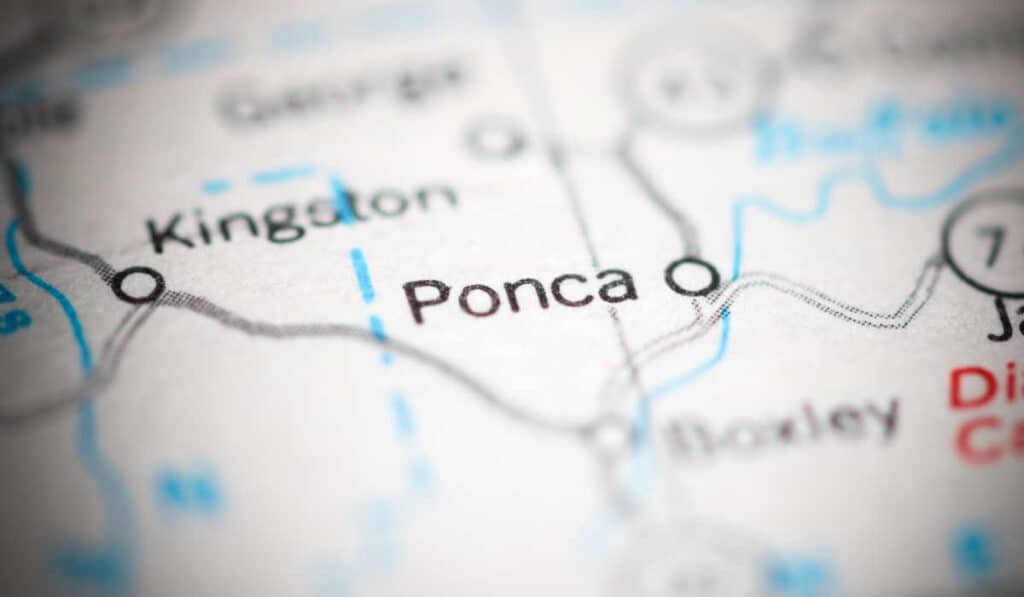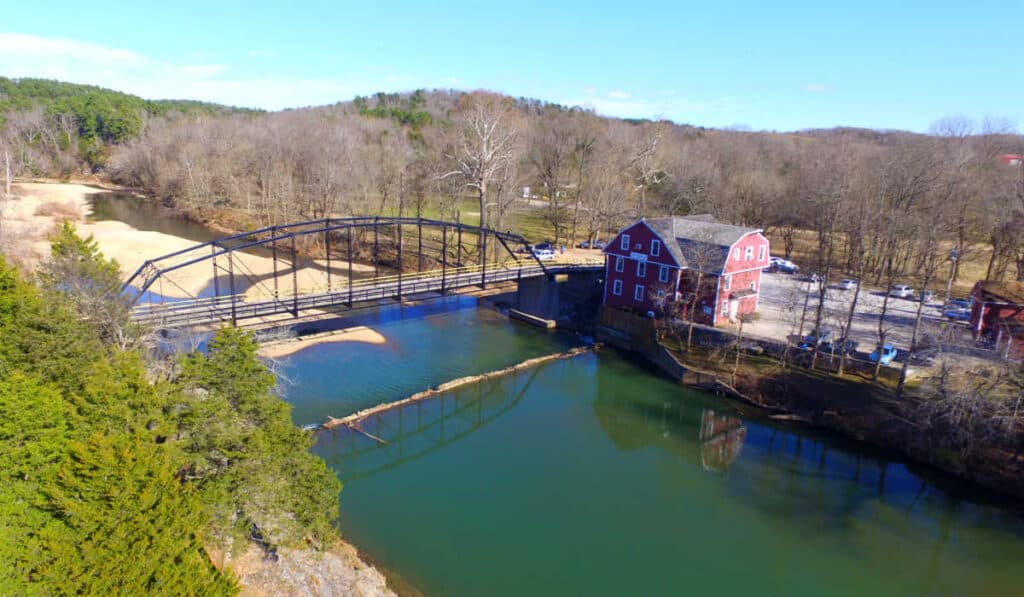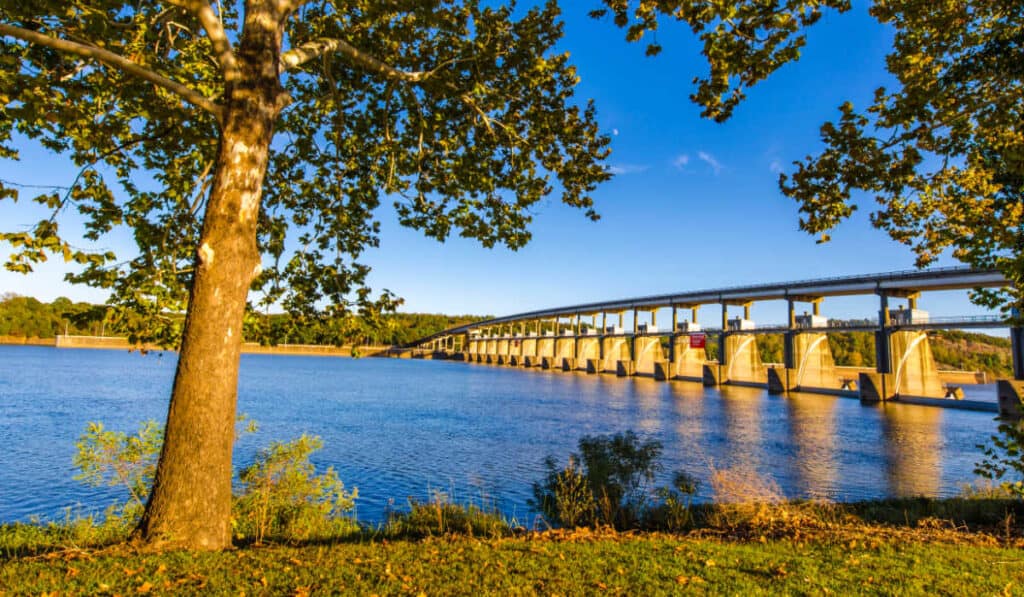Nestled in the heart of the American Midwest, Iowa is a state that boasts a rich history, flourishing agriculture, and a unique mix of natural beauty and urban attractions. Known as the Hawkeye State, Iowa’s diverse landscape – from rolling hills and fertile farmland to bustling cities such as Des Moines and Cedar Rapids – offers something for everyone.
Iowa is perhaps most famous for its agricultural prowess, particularly in the production of corn and pork. The state leads the nation in pig farming, supplying a significant portion of the country’s pork. But Iowa is more than just cornfields and pig farms; it’s also home to stunning state parks, iconic landmarks such as the American Gothic House, and the internationally renowned Iowa State Fair – a celebration of Iowa’s agricultural heritage and a showcase for local talent, innovation, and creativity.

Beyond agriculture, Iowa takes pride in its cultural and historical offerings. From the cities of Iowa City and Sioux City to the mesmerizing beauty of Pikes Peak State Park and the covered bridges of Madison County, this Midwestern gem continues to enchant and surprise both residents and visitors alike.
Geography and Location
Iowa, located in the Midwest of the United States, is known for its productive agriculture, rich history, and a strong sense of Midwestern culture. The state covers an area of 56,272.81 sq mi (145,746 km²) and features a variety of landscapes, ranging from rolling plains to river valleys.
Major Cities
The capital and largest city of Iowa is Des Moines, which serves as the economic and political center of the state. Other notable cities include Cedar Rapids, Iowa City, and Sioux City. These cities are known for their vibrant cultural scenes, sports teams, and quality universities.
Borders
Iowa shares its borders with six other states. To the west, it borders Nebraska and South Dakota, while it shares its northern border with Minnesota. Missouri lies to the south of Iowa, and Illinois is on its eastern border.
Rivers

Two major rivers define the geography of Iowa: the Mississippi River to the east and the Missouri River along its western boundary. These rivers have played important roles in shaping the state’s history, helping to transport goods and providing a natural barrier to protect the region. Additionally, the tributaries and smaller rivers running through Iowa contribute to the state’s fertile soil and diverse ecosystems.
History
Iowa has a rich history that began with the Native Americans who inhabited the region before European explorers arrived in the late 17th century. The area was first documented by French explorers Marquette and Joliet in the 1680s and was initially part of the French Louisiana territory. The region was gradually handed over to Spain and then back to France before being acquired by the United States as part of the Louisiana Purchase in 1803.
During the 1830s, Chief Black Hawk, a prominent Native American leader, resisted the forced removal of his people from their ancestral lands in Illinois and Wisconsin, leading to the Black Hawk War between the United States and Native American tribes. Although the conflict ended in defeat for Chief Black Hawk’s forces, he gained national fame and even inspired the novel The Last of the Mohicans. The war ultimately resulted in the establishment of a permanent boundary between Native American lands and the expanding United States.
Iowa changed from a territory to a state on December 28, 1846, and became the nation’s 29th state. It is situated in the Corn Belt, a region in the Midwest known for its fertile soil and abundant corn production. Throughout its history, Iowa has been recognized for its agricultural prowess and contributions to feeding the nation.
During the 19th and early 20th centuries, Iowa experienced rapid industrialization, with the growth of factories and railroads reshaping its economy and landscape. Despite these developments, agriculture remained a vital part of the state’s identity, with corn and other crops being integral to both its culture and economy.
In conclusion, Iowa’s history is characterized by its Native American heritage, association with French and Spanish colonial periods, the impact of the Black Hawk War, and its ongoing prominence as part of the Corn Belt.
Economy and Agriculture
Iowa’s economy is greatly influenced by its thriving agricultural industry, with the state consistently ranking as a top producer of several key commodities. In 2021, the state generated approximately $34.7 billion in agricultural cash receipts, with corn, hogs, and soybeans being the highest valued commodities. This value highlights the immense contribution of agriculture to the state, representing 11.1 percent of Iowa’s total GDP.

Corn production is a significant aspect of Iowa’s agricultural economy, widely known as the nation’s top corn producer. In addition, the state plays a major role in pork production, with a reputation as the top pork producing state in the United States. This has a domino effect on the wider economy, creating thousands of jobs and bolstering economic growth.
Another significant aspect of Iowa’s agricultural landscape is soybean production, complementing corn as the second largest cash crop in the state. Combined with corn and pork, these three commodities showcase the agricultural diversity and productivity in Iowa.
Iowa’s agricultural industry also extends to cattle farming, with beef making up a sizable portion of the state’s meat production. In 2020, Iowa accounted for 16.1% of the nation’s commercial red meat production, diversifying its contribution to the country’s agricultural economy.
The cultivation and processing of these products not only drives Iowa’s agriculture sector but also plays a significant role in supporting other industries, such as ethanol production. As a result, the agricultural industry is intrinsically linked with the overall economic success of the state, with a direct output of $88.3 billion and over 315,000 jobs, contributing $17.57 billion in wages.
In conclusion, agriculture is the cornerstone of Iowa’s economy, with the state being a top producer of corn, pork, soybeans, and contributing substantially to cattle farming and ethanol production. The agricultural industry’s enduring success showcases the state’s commitment to innovation and provides ample opportunities for economic growth and job creation.
Food and Cuisine
Iowa is known for its rich agricultural heritage and strong connection to the land, which is reflected in its unique and delicious dishes. As the nation’s top pork producer, it’s no surprise that one of Iowa’s most famous dishes is the pork tenderloin sandwich. You can enjoy an Iowa pork tenderloin that’s been tenderized, breaded, and fried to perfection, making it both crispy and juicy.
Another iconic dish served in Iowa is steak deburgo, which combines Italian and Midwestern flavors in a succulent steak. It is typically prepared with a butter, garlic, and herb sauce, making the dish both comforting and satisfying.
In the realm of unique food combinations, Iowa is known for its taco pizza. This dish combines the best of both worlds with a pizza crust topped with refried beans, cheese, lettuce, tomatoes, and taco-seasoned meat. It’s a great example of the creativity that can be found in Iowa cuisine.
Iowa not only has a claim to fame in the savory department but also holds a special place in the history of sliced bread. The first automatic bread slicing machine was invented in Davenport, Iowa, revolutionizing the way we consume this staple today.
Sweet treats are also a big part of Iowa’s food scene. Desserts like scotcheroos, which are essentially crispy rice cereal bars with chocolate and peanut butter, are popular across the state. Moreover, Iowa is home to the Ice Cream Capital of the World, Le Mars, where the famous Blue Bunny Ice Cream is produced, bringing a touch of sweetness to the rest of the country.
In summary, Iowa’s food and cuisine showcase its agricultural roots and inventive culinary combinations. From mouth-watering pork dishes to innovative pizza creations and delightful sweet treats, Iowa’s dishes truly reflect the heart and soul of the state.
Attractions and Landmarks
Iowa offers a diverse range of attractions and landmarks that cater to all kinds of interests. State parks, museums, and historic sites are just a few of the places that make Iowa unique and worth exploring.

One of Iowa’s gems is the Grotto of the Redemption, located in West Bend. This magnificent religious monument consists of nine grottos, depicting the life of Jesus Christ, and is adorned with stunning precious stones and minerals. It’s truly a one-of-a-kind artistic representation that inspires awe in all who visit.
Nature enthusiasts will appreciate Iowa’s many state parks, including the Maquoketa Caves State Park. This park features beautiful limestone formations, unique cave systems, and hiking trails that offer breathtaking views of the natural landscape. Additionally, Reiman Gardens in Ames provides a serene setting filled with vibrant botanical displays and a butterfly garden.
For those interested in history, the National Mississippi River Museum and Aquarium in Dubuque is a must-visit. This interactive museum offers the chance to explore the Mississippi River’s impact on American history and culture through exhibits and live animal encounters. Another historic site is the Herbert Hoover National Historic Site in West Branch, which allows you to step into the life of the 31st President of the United States.
Iowa is also known for the iconic Bridges of Madison County, a group of six covered bridges dating back to the 19th century. These picturesque structures inspired the best-selling novel and film of the same name and are a popular destination for photographers and romantics alike.
Finally, fans of America’s favorite pastime won’t want to miss the Field of Dreams, the movie set turned baseball field in Dyersville. This enchanting attraction invites visitors to relive the magic of the 1989 film and engage in some baseball nostalgia.
In conclusion, with its diverse array of attractions and landmarks, Iowa has something for everyone. Whether you’re a nature lover, history buff, or movie enthusiast, you’re sure to find unique experiences that will make your time in Iowa memorable.
Culture and Entertainment
Iowa, also known as the Hawkeye State, boasts a rich cultural scene infused with art, music, and entertainment. One of the state’s most iconic events is the Iowa State Fair held in August, attracting visitors from all over to enjoy agricultural showcases, thrilling rides, and live performances.
Music plays a significant role in Iowa’s cultural heritage, with the state’s connection to legendary artists such as Buddy Holly and Ritchie Valens who tragically lost their lives in a plane crash near Clear Lake. Today, the state continues to embrace a diverse range of music genres and hosts several notable events like the Des Moines Jazz Festival.
Outdoor enthusiasts can also find entertainment on the High Trestle Trail, a scenic path that winds through central Iowa. The trail features the stunning High Trestle Bridge, which is notable for its unique architectural design and breathtaking views.
For sports fans, the Iowa Speedway in Newton provides an adrenaline-pumping experience with a variety of motorsports events, including NASCAR and IndyCar races. Visitors can also immerse themselves in college sports culture by attending games of the beloved University of Iowa Hawkeyes and Iowa State Cyclones.
Art aficionados will find a wealth of galleries, museums, and cultural events throughout the state, especially in cities like Des Moines and Cedar Rapids. Iowa’s commitment to creativity is evident in its vibrant and art-filled main streets, as well as its support for multicultural heritage festivals.
In summary, Iowa’s rich culture and entertainment scene truly have something for everyone, offering a range of experiences that celebrate the state’s history, love for music, sports enthusiasm, and appreciation for the arts.
Education and Research

The state of Iowa places significant emphasis on education and research, which is evident through its institutions like the University of Iowa and Iowa State University. Both universities are known for their strong commitment to the arts, sciences, and humanities.
The University of Iowa is particularly recognized for its world-class undergraduate, graduate, and professional academic programs in a wide range of fields. In fall 2022, the total enrollment of students was around 31,317, with a median GPA of 3.82 for the class of 2026. As a public institution, it contributes heavily to the development of various disciplines like speech pathology, audiology, space physics, and hydroscience.
Iowa State University is another notable institution in the state, with a rich history in innovation and research. One of its most significant achievements was the development of the first electronic digital computer, known as the Atanasoff–Berry Computer. This invention laid the foundation for modern computing and advanced research technologies.
Research in education is also significant in Iowa, with institutions like the Iowa Reading Research Center striving to improve the literacy proficiency of PK-12 students. By conducting research in practical settings, they evaluate the effectiveness of literacy practices and assessments, contributing to better educational outcomes.
Iowa’s contributions to the fields of education and research reflect the state’s commitment to fostering a culture of knowledge and innovation. Through its esteemed institutions, Iowa continues to make significant advancements in a multitude of disciplines.
Notable Individuals
Iowa has been home to various renowned individuals who have significantly contributed to the fields of entertainment, literature, politics, and sports. Two such notable personalities include Shawn Johnson and John Wayne.
Shawn Johnson is a retired American gymnast from Iowa who earned fame for her incredible skills and achievements. Born in Des Moines, she began her gymnastics career at a young age. In 2008, Johnson competed in the Beijing Olympics and won a gold medal on the balance beam, along with three silver medals in the team, all-around, and floor exercises. She has also been a participant on the popular TV show “Dancing with the Stars” and emerged as the season eight winner. Since retiring from gymnastics, Shawn has been an inspiration to many through her motivational speeches, charity work, and sharing her experiences in a memoir.
Another prominent figure from the state of Iowa is John Wayne, a legendary actor known for his roles in numerous Western films. Born in Winterset, Wayne’s career spanned over five decades, starring in more than 170 films. Some of his most famous films include “The Searchers,” “True Grit,” “Rio Bravo,” and “The Man Who Shot Liberty Valance.” The John Wayne Birthplace serves as a museum in Winterset, dedicated to preserving the actor’s legacy and celebrating his contribution to the film industry.
Iowa has also been home to other influential figures, such as the celebrated author Bill Bryson known for his humorous travel writing and former President Herbert Hoover who was the 31st President of the United States. Altogether, Iowa’s rich history includes an impressive list of luminaries who have left a lasting mark on the world.
Political Significance
Iowa holds a unique and vital role in American politics, primarily due to its first-in-the-nation status in the presidential nominating process. The state’s political caucuses, known as the Iowa caucuses, set the stage for the rest of the campaign season and often provide momentum to successful candidates. Contenders from both major parties invest substantial time and resources in winning over Iowa’s electorate, making the state a crucial battleground.
The political significance of Iowa cannot be overstated. Its caucuses often serve as a proving ground for presidential hopefuls, and as a testament to the diversity of opinions that exist within the state. With its mostly rural communities, agricultural roots, and Midwestern values, Iowa reflects a microcosm of American society at large. Moreover, the state has a history of political engagement and informed voters, which places an emphasis on genuine policy ideas and constructive debate.
Iowa’s geographic location as a Midwest state further enhances its political importance. While the eastern and western parts of the country tend to lean Democratic or Republican, the Midwest is known for its more balanced and competitive political landscape. In this context, Iowa plays a key role in determining the overall outcome of the Electoral College during presidential elections.
In conclusion, Iowa’s early caucuses, diverse electorate, and geographically strategic position in the Midwest make it a crucial player in American politics. The state has long upheld its role as an influential arbiter for providing momentum and legitimacy to presidential candidates, setting the stage for countless electoral successes.







